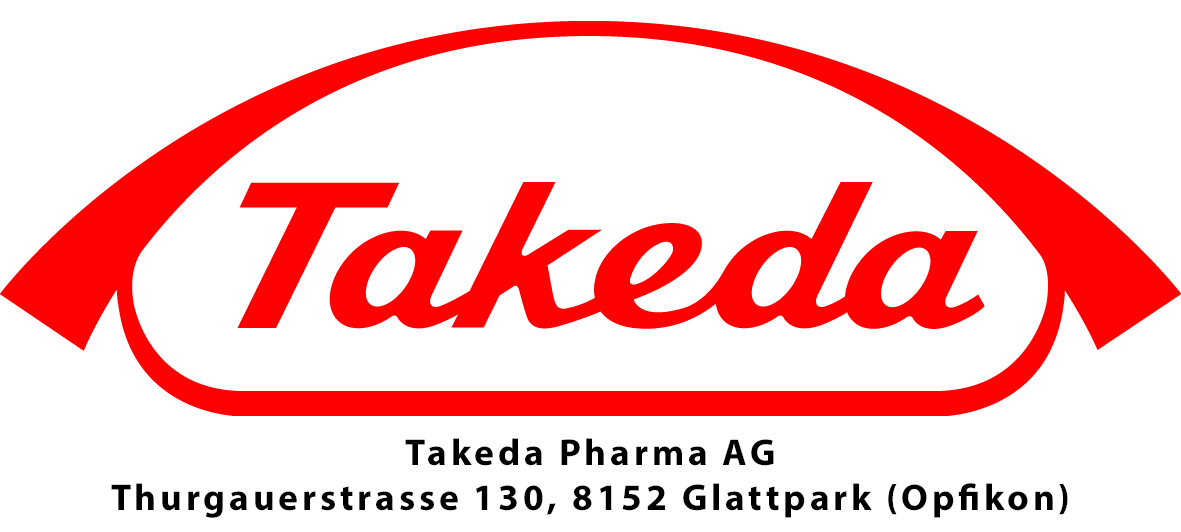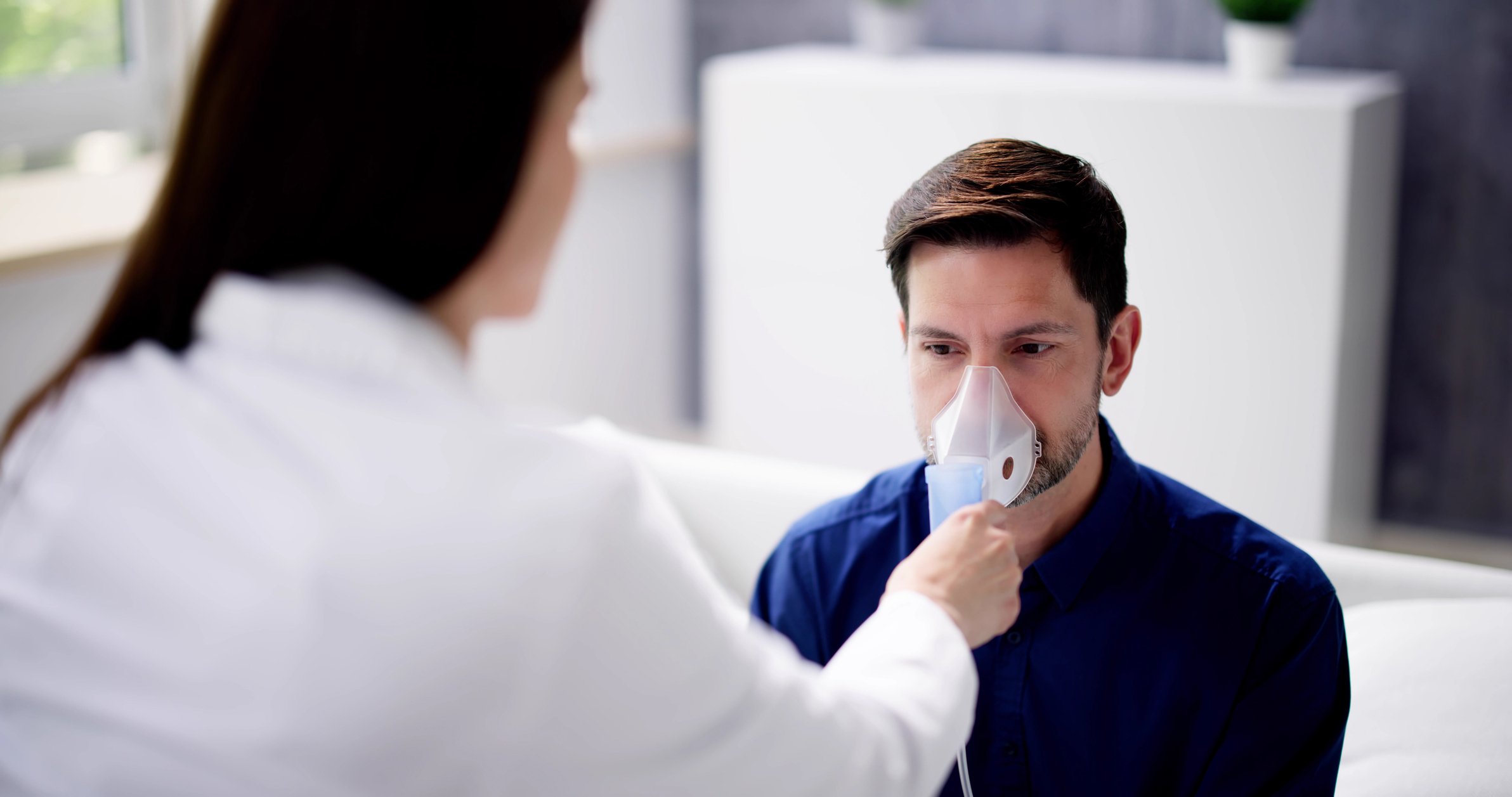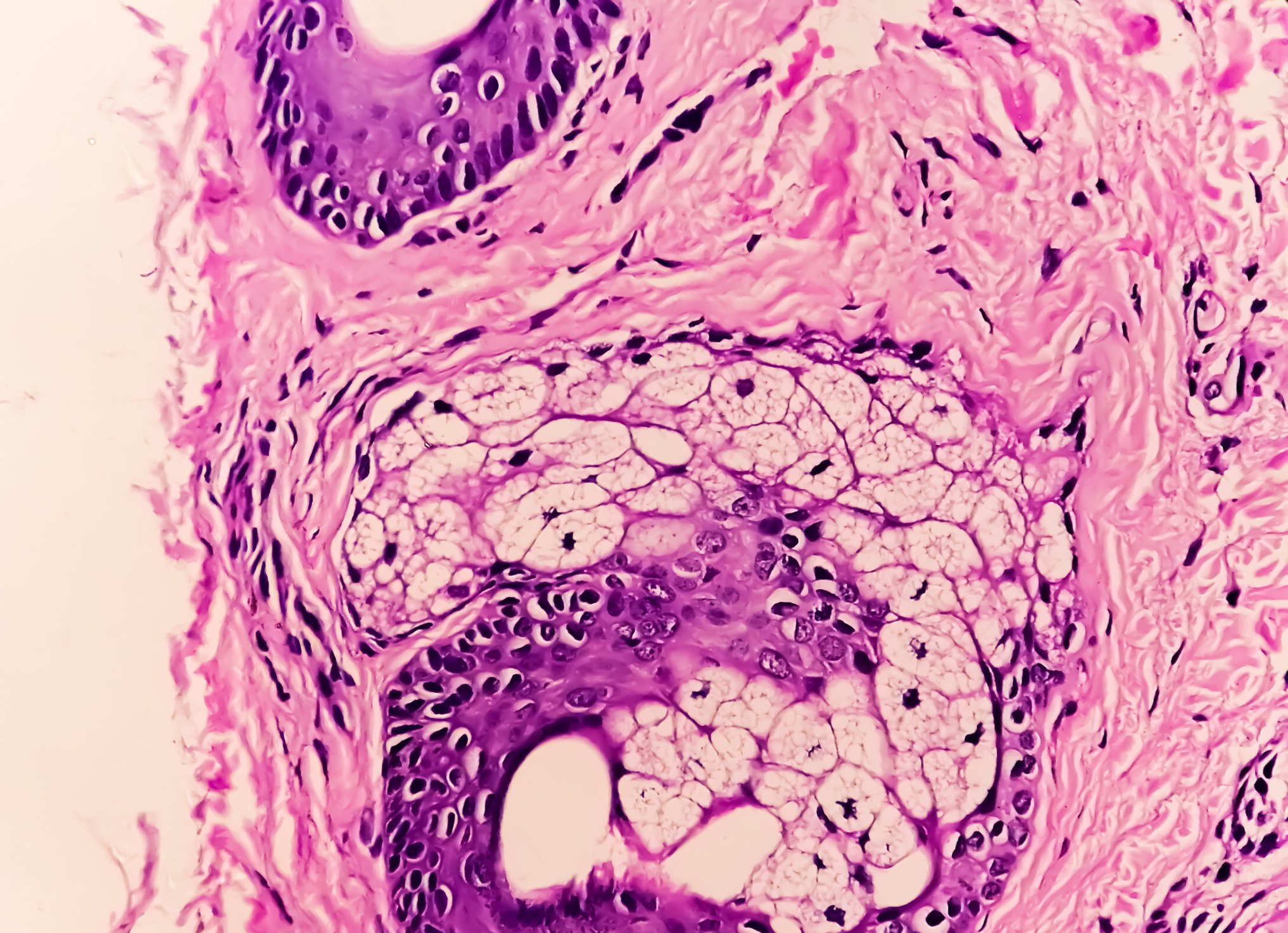Diseases associated with decreased immunoglobulin (Ig) production represent the most common form of primary immunodeficiency (PID) and are associated with significant limitations in quality of life [1]. Ig substitution therapies allow affected individuals to live a largely normal life and can be administered intravenously or subcutaneously [2].
Primary immunodeficiency (PID) encompasses over 400 genetic defects that cause immune dysfunction and, if untreated, are associated with a significant risk of morbidity and mortality due to recurrent severe respiratory infections or autoimmune diseases [1]. In Switzerland, the prevalence is 1:10,000 – 1:500,000, depending on the disease and region, although the actual prevalence is estimated to be much higher due to the sharp increase in new cases thanks to improved diagnostics [1, 3].
However, because of its heterogeneous presentation and difficulty in differentiation from other disorders, PID is still severely underdiagnosed. Since only timely diagnosis can prevent long-term sequelae and reduce mortality, treating physicians should be aware of the ten warning signs of PGD (Box 1) [1].
Box 1: Ten warning signs of primary immunodeficiency in children
See Jeffrey Model Foundation: http://downloads.info4pi.org/pdfs/10-Warning-Signs—Generic-Text–2-.pdf |
Ig substitution therapies reduce susceptibility to infection and mortality
Antibody deficiency diseases are by far the largest group of PGDs and can be diagnosed in an uncomplicated manner by determining the immunoglobulins IgM, IgG, IgA and IgE, even in private practice [1].
Once detected, they are readily treatable with Ig substitution therapy: this compensates for the antibody deficiency and thus reduces the frequency and severity of infections [2]. For this purpose, the immunoglobulins are purified from pooled plasma of 10,000 to 60,000 healthy donors and injected into the patients either intravenously (intravenous immunoglobulins, IVIg) or subcutaneously (subcutaneous immunoglobulins, SCIg) [3]. Intramuscular administration is no longer recommended due to proven inferiority to IVIg [2].
IVIg: monthly performance in the medical center.
Based on the published data, the German Association of the Scientific Medical Societies (AWMF) has established a guideline for the use of Ig substitution therapies in antibody deficiency diseases [2]. According to this, numerous studies demonstrate the efficacy of IVIg in reducing recurrent and severe respiratory infections. Ig solution is delivered every three to five weeks at a dose of 0.4-0.6 g/kg body weight via an arm vein for several hours at a medical center [2, 3]. Plasma Ig levels rise more rapidly under IVIg than under SCIg and decline again within three to four weeks, corresponding to the half-life of immunoglobulins of 30 days [4]. The application interval and the dosage should be selected for each patient in such a way that the emerging Ig valley level can continue to ensure freedom from infection [2]. Adverse effects are rare. Infusion-associated reactions related to infusion rate are most common. In patients who have an anaphylactic reaction under IVIg, subcutaneous forms of application should be considered [2].
SCIg: weekly application for home use
The subcutaneous application is applied to the subcutaneous tissue of the abdomen, thigh or upper arm using a catheter and infusion pump or by hand as a “rapid push” method. Due to the lower volume that can be applied compared to IVIg, more frequent doses are required. As a rule, SCIg is performed weekly at a dose of 0.1 – 0.2 g/kg body weight and can be performed by the patient independently and independently of location. Weekly administration allows for a constant Ig plasma level. In terms of reducing susceptibility to infection, IVIg and SCIg are considered to be equally effective [2].
In case of autoimmunity and autoimmune inflammation always IVIg
Antibody deficiency diseases can also manifest as autoimmune or autoinflammatory diseases, particularly in patients withcommon variable immunodeficiency (CVID), the most common clinically relevant antibody deficiency disease. Ig substitution therapies showed immunomodulatory efficacy when administered intravenously at high doses in autoimmune thrombocytopenias and are therefore increasingly used in autoimmune manifestations [4]. Thus, the AWMF recommends Ig substitution therapy in CVID patients even in the absence of pathological susceptibility to infection [2]. The immunomodulatory effect is attributed, among other things, to the blockade of Fc receptors and complement factors and to the neutralization of pathological autoantibodies and cytokines. To achieve this, high serum Ig levels are required, which are administered with the aid of high-dose Ig administration (1 – 2 g/kg body weight) over several days [4]. Since the subcutaneous injection route is unsuitable for these purposes, only intravenous administration can be considered for the therapy of autoimmune manifestations.
| Asked by an expert
Allergist and clinical immunologist Marcus Kühn, MD, of the St. Anna Clinic in Lucerne, Switzerland, answers three questions related to Ig substitution therapies. Dr. Kühn, for which patients with antibody deficiency diseases and increased susceptibility to infections is intravenous and for which patients is subcutaneous Ig substitution therapy suitable? The method of administration depends on the patient’s individual preference, particularly whether they feel more comfortable administering treatment independently at home or prefer to come to the hospital once a month. Some young patients prefer to go to the hospital once a month, as the therapy is then associated with a fixed appointment. At the same time, there are older patients who do not want to spend more time than necessary in hospitals and therefore prefer to receive treatment at home. In the context of increased susceptibility to infection, both forms of administration should be considered equivalent. The costs are also comparable. What advantages and disadvantages do you see with the two forms of application? With regard to the side effect profile, subcutaneous application is preferred. Intravenous administration has a higher rate of side effects such as chills and fever, anaphylaxis, and rare side effects such as aseptic meningitis. The advantages and disadvantages in terms of logistics and time required are, as already explained, perceived differently by each patient. What is your personal experience with intravenous and subcutaneous Ig substitution therapies? I have had very good experiences with both dosage forms. Severe side effects I have observed very rarely. In almost all patients, Ig substitution therapy was associated with a significant improvement in quality of life and a reduction in hospitalization rates. |
Conclusion
Ig substitution therapies have been shown to reduce mortality and morbidity in PID patients by reducing the frequency and severity of infections and acting immunoregulatory in autoimmune manifestations [2, 4]. Intravenous (IVIg) and subcutaneous (SCIg) methods are available for administration and are considered to be equally effective in terms of reducing infections [2]. However, if the focus is on an immunomodulatory effect, this requires IVIg, as high serum levels must be achieved in this case [4].
This text was produced with the financial support of Takeda Pharma AG.
C-ANPROM/CH/CUVI/0017 12/2021
Post online since 16.12.2021
Literature













